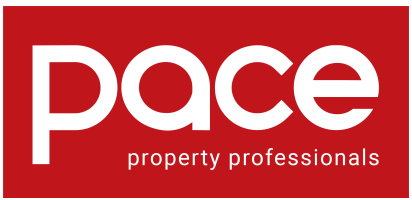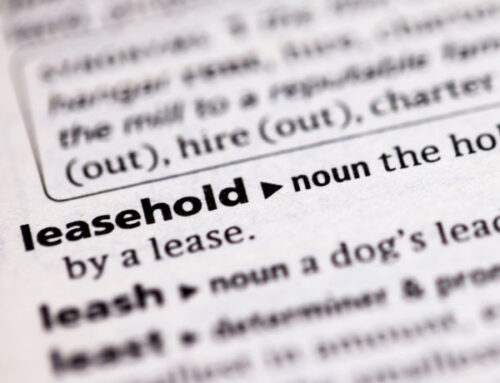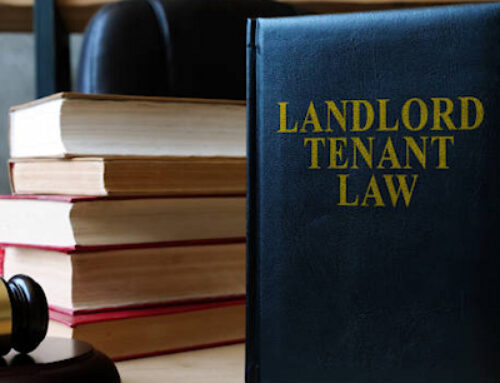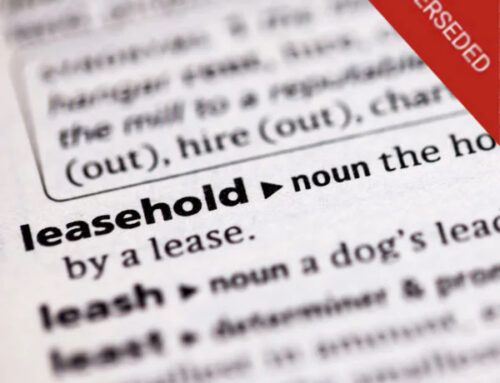Are you on the right side of the law?
A ten minute browse through any of the Landlord or Buy-to-Let property magazines will usually reveal at least one story where a rogue landlord has been fined for failing to protect the safety of his or her tenants. It seems these articles increasingly relate to Houses of Multiple Occupation or HMOs.
The term HMO applies to both bedsit style housing and shared housing where a group of people who are not related share a house or flat. Essentially an HMO is a house occupied by more than one household. If you are a residential landlord renting out a few rooms in your own house, you also have an HMO. Properties occupied in this way have dedicated legislation because of the increased risk to the health and safety of the occupants. It is important to understand what an HMO is so that you can decide if you require additional fire safety measures or an HMO licence (if you have an HMO of three or more floors with five or more people in residence).
The underlying principal with HMOs is that there must be ‘material sharing’. In summary:
- A house split into bedsits where the tenant has exclusive use of their room but shares a kitchen and/or bathroom
- A house or flat share with 3 or more unrelated tenants
- Students living in shared accommodation where they have exclusive use of the entire house
- An owner-occupier with more than 2 lodgers who have a licence to occupy their accommodation.
As a landlord, you must keep your HMO safe and free from health hazards. This means ensuring gas equipment is safely installed and maintained by a Gas Safe registered engineer. You also need to have a registered engineer carry out an annual gas safety check on each appliance and flue. Once completed, the engineer should give you a copy of the gas safety check record.
You also need to follow fire safety regulations, such as checking access to escape routes, making sure supplied furniture and furnishings are fire safe and you must provide fire alarms and extinguishers (if the property is a large HMO). Similarly, you have responsibilities relating to electrical safety. The electrical system (e.g. sockets and light fittings) and all appliances they supply must be safe.
Although we have yet to see evidence of fines for unsafe non-HMO properties, we do know Councils are careful to check areas such as gas, electrical and fire and safety when receiving a complaint about a private rental property. Should a tenant notify the local authority of a problem at his home such as damp or feel it is “unsafe” a council officer will attend the property. The landlord will be required to produce EPCs, as well as electrical and gas safety certificates. New checks will be required if current checks are not up to date.
Where the council finds the safety checks lacking, strict deadlines are set to make any necessary areas good. This can frequently cost more than having regular checks carried out in the first place.
As a landlord, are you confident every safety check required of you by law is up to date? If you have any doubts, check with Pace and we’ll offer you our professional opinion and advice. We can also organise safety checks for you at competitive rates.
If Pace manages your property, you can be confident that all necessary safety checks have already been undertaken and up to date. You will have been informed of any issues that need to be resolved as a result of the checks.
Crystal joined Pace in 2007 and was appointed to her current role of Managing Director in 2010, heading up the company founded by her father in 1994.
She is responsible for the daily operations of the business, whilst also ensuring the company is financially sound, has strategic direction and is planning for future growth.
Crystal takes a thoughtful and considered approach to all that she does, transferring her determination to deliver implicit care, attention and professionalism to every member of her team.
Pace employ 20 full time staff. Meet the key team members here.









